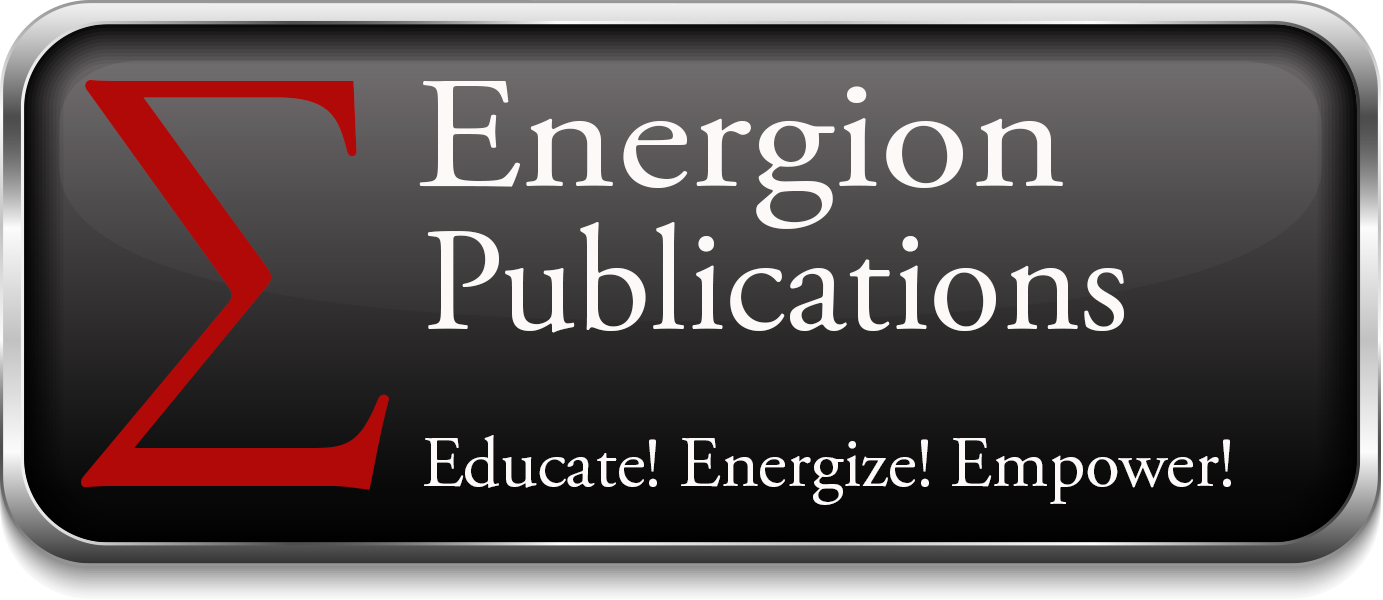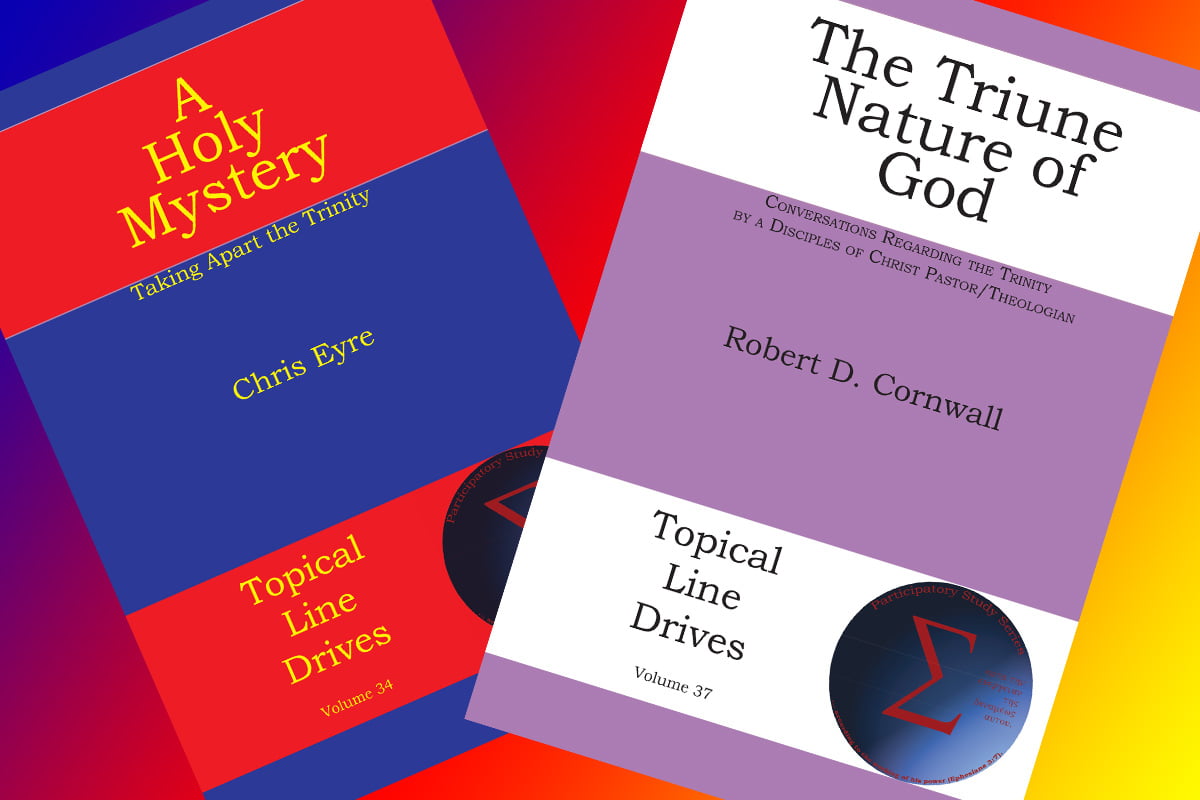Why Two New Books on the Trinity
People may be wondering why Energion has published, within three months, two Topical Line Drives about the Trinity. One of those (A Holy Mystery: Taking Apart the Trinity) I wrote. The other (The Triune Nature of God by Bob Cornwall) I edited.
They are very different books, come from completely different places and arrive at different conclusions. Bob is a Disciples of Christ pastor/theologian, and writes primarily for people in that denomination. DoC is a non-creedal denomination, and as Bob explains, one of the main founders, Barton Stone, was non-Trinitarian in his thinking while the other, Alexander Campbell, did think and write in a Trinitarian mould. I, on the other hand, am a member of the Church of England (Anglican) which is a creedal church with a theology and liturgy rooted in the Western Catholic tradition, with significant adjustments resulting from the Reformation – it counts as Protestant for some purposes, but as catholic with a small “c” for others. As such, I very regularly recite the Nicene or the Apostle’s creed, and note that the Athanasian creed (which is the fullest creedal statement of the Trinity) is also approved for use, though I have yet to hear it read in church.
We agree that there is no absolute necessity arising from scripture for the adoption of the doctrine (which is the view Stone arrived at), and also that most of the laity do not have an orthodox grasp of Trinity; Bob writes “Even within strongly trinitarian communities there is a tendency to either embrace tri-theism (three gods) or modalism (one god who is experienced in three modes of being).” We both talk about how the Church Fathers arrived at the doctrine, though in very different ways. After that point, however, we diverge more or less completely.
I take as my start point the extreme difficulty which even clergy find in preaching about the Trinity without falling into one of those traps, or others, such as partialism or Arianism, all of which were condemned as heresies in the period of the early Church, and after looking at the route by which the Church arrived at the concept and ways in which a more modern philosophical outlook can have difficulties with it, contemplate other possibilities which might have been adopted. I then survey other “threenesses” in non-Christian religions, finding very many of those (which might indicate that there is, as I end up saying “just something about three”), and some modern approaches in philosophical theology (including the “immanent” or “economic” Trinity) which offer the possibility of using metaphors which would once have been condemned as tritheist, modalist or partialist without technically being heretical.
In sum, what A Holy Mystery attempts to do is talk to people in an avowedly Trinitarian church who have difficulties with the concept, and offer new ways of thinking about Trinity which might help them to be a little more comfortable with the liturgical use of “Father, Son and Holy Spirit” or even help them prepare a sermon for Trinity Sunday.
The Triune Nature,
on the other hand, points out that a substantial number of prominent DoC
theologians do write from a Trinitarian perspective, and that there is a
pervasive “threeness” in both the New Testament and in the Hebrew Scriptures
(for example, with Wisdom, Word and Spirit). Bob quotes Miroslav Wolf, saying “That is because if we take away the
Trinity, then the Christian affirmation of the incarnation collapses, ‘and with
it the whole Christian faith.’ We might put it a bit differently: if Jesus is
not the incarnate one, but rather one prophet among many, then perhaps we
should embrace Islam.”
Needless to say, that is a point on which Bob and myself differ! He is entirely
right, however, to point out via this and other quotations from outside the DoC
tradition that Trinity is ingrained in the vast majority of Christian
theological writing.
He also gives a fuller account of economic, immanent and “social” trinity
concepts than I do, drawing on Elizabeth Johnson, Catherine Mowry LaCugna and Jürgen
Moltmann, among others (I also reference LaCugna). (I will mention that my main
caveat about these modern developments is that I am fairly certain that, had
they been presented to the various Church councils which decreed the
Trinitarian heresies, those councils would not have accepted the philosophical
sophistication of them).
Bob is, as a non-creedal Christian, able to say (and I agree) that there are many places in scripture where a threefold lens is valuable. My own most major point is that the various declarations that some way of looking at Trinity is heretical have left us with something beyond the grasp of anyone who is not very philosophically sophisticated; if we were able to ignore the possibility of heresy, the concept would open itself up massively.
I am left with a small degree of holy envy for the non-creedal stance of the Disciples of Christ!







